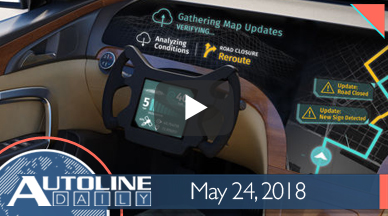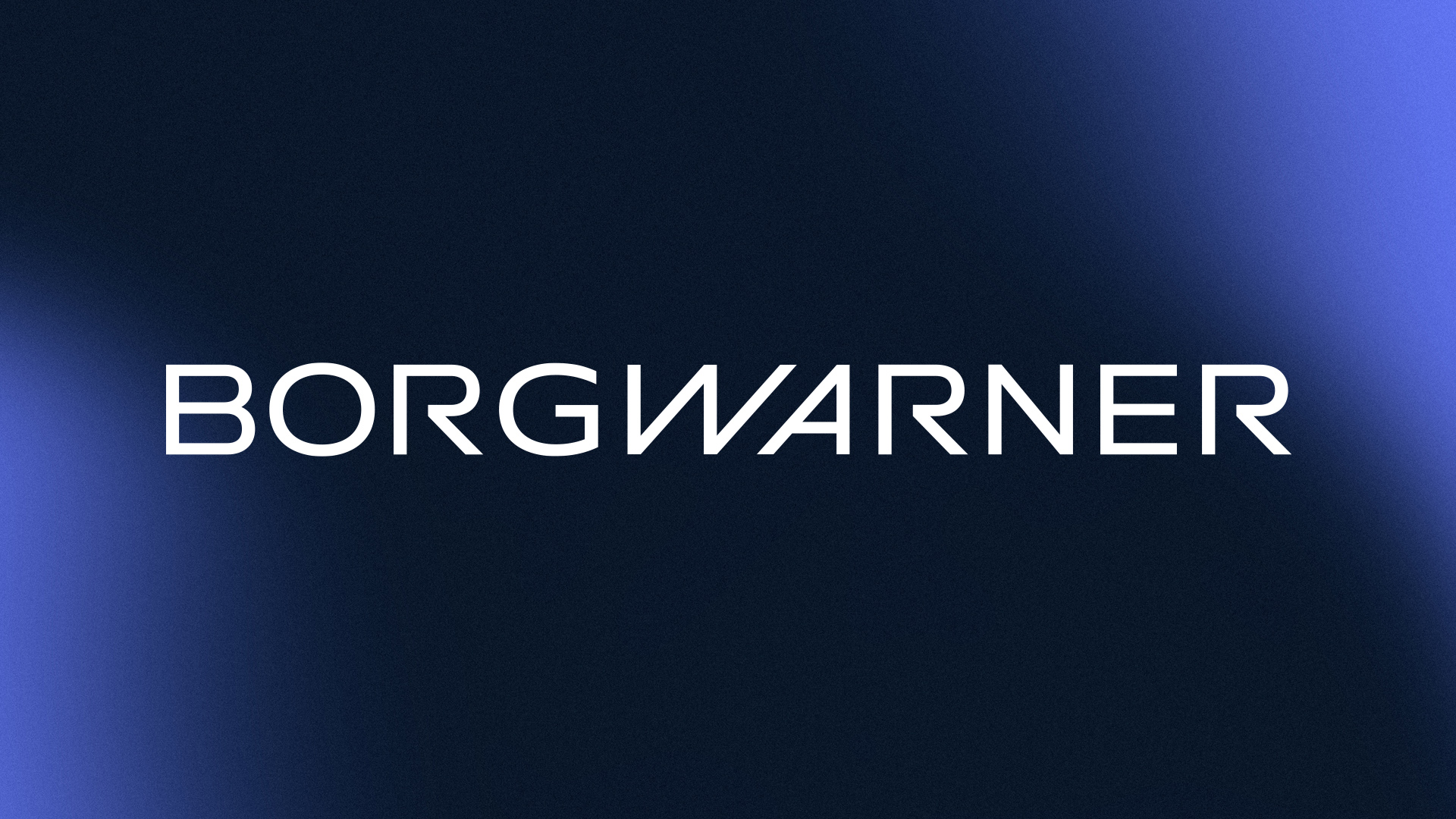
Runtime: 6:29
0:30 Imported Vehicles a Security Threat?
1:23 Elon Musk Criticizes the Media
2:23 HERE Creates New OTA Update Solution
3:16 Lithium-Sulfur Batteries Make Progress
3:57 Toyota Expanding Fuel Cell Production
4:49 2019 Ford F-150 Raptor Updates
Visit our sponsors to thank them for their support of Autoline Daily: Bridgestone , Dow Automotive Systems , Lear Corporation , BorgWarner and ExxonMobil.
On today’s show… Elon Musk launches a Twitter attack on the media… the Trump Administration is investigating whether imported cars pose a national security threat… and Toyota is gearing up to expand production of fuel cell vehicles. All that and more coming right up on Autoline Daily.
This is Autoline Daily the show for enthusiasts of the automotive industry.
IMPORTED CARS A SECURITY THREAT?
The Trump Administration launched an investigation into whether imported cars represent a threat to national security. It’s all with the idea of raising tariffs on imported cars, though it will takes months before any determination is made. And any protectionist moves would likely get challenged by other countries in the World Trade Organization, or WTO. Of course, it’s entirely possible that the Trump Administration is using this as a bargaining chip, especially in the on-going NAFTA negotiations which seem to be making no progress at the moment. The U.S. imposes a 2.5% import tariff on passenger cars and a 25% tariff on trucks, except for those imported from Canada and Mexico. Last year about half of all vehicles sold in the U.S. were imported, including those from Canada and Mexico.
DON’T SHOOT THE MESSENGER
Tesla has been in the news for all the wrong reasons lately and that prompted CEO Elon Musk to fire off a series of tweets yesterday criticizing the media for its coverage of the company. He said the media is negative because of advertising money from big oil and traditional car companies. He also criticized the media for comparing his media attacks to Trump’s Twitter tirades. Apparently he doesn’t believe in the phrase “don’t shoot the messenger.”
Still to come… mapping company HERE creates over-the-air software for any automaker to use.
HERE OFFERS OTA UPDATE SOLUTION
Other than Tesla, no automaker currently has extensive over-the-air (OTA) update capabilities. But that could soon change. Mapping company HERE just introduced a solution, called OTA Connect that any automaker can adopt into a connected vehicle. Any automaker can get their hands on it because the system was designed to integrate into the automaker’s backend and uses open-source technology. And it doesn’t matter how the automaker plans to connect to its vehicles (5G, DSRC, satellite) OTA Connect is compatible with them all. It’s also backed by Uptane, a security framework approved by the U.S. Department of Homeland Security. No word what automaker will be first to use OTA Connect, but remember HERE is majority-owned by Audi, BMW and Daimler.
LITHIUM-SULFUR BATTERIES MAKE PROGRESS
Toyota may think solid-state batteries won’t be ready until 2030, but another type of battery is starting to make progress. Lithium-sulfur batteries are less expensive to make than lithium-ion batteries and have greater energy density. Their only drawback is, up till now, they were only good for about 100 charging cycles. But researchers at Purdue University found that puting polyethylene plastic, which makes up a big portion of waste plastic, between the lithium and sulfur side of the battery, doubles the amount of cycles it can handle to 200. They’ve only made a coin-sized cell, so the next step will be to scale it up.
TOYOTA EXPANDING FUEL CELL PRODUCTION
Global sales of fuel cell vehicles is only about 3,000 units, but by 2030 Toyota expects that number to be 30,000. And that’s why the automaker announced it will build an all-new facility to make fuel cell stacks and will add a new, dedicated line at another existing plant to make more high-pressure tanks. The new tank line is being built now, while the fuel cell stack plant should be up and running by 2020.
Coming up next, Ford provides some serious upgrades for the Raptor.
FORD F-150 RAPTOR UPDATES
Ford is providing some interesting updates to the Raptor. It includes electronically-controlled adaptive shocks from Fox, which maximize the use of the Raptor’s 13-inch front suspension travel, with 13.9 inches in the rear. The system uses sensors to detect when the truck is in mid-air to set the shocks to full stiffness to prevent the truck from bottoming out when it lands. The Raptor also gets what Ford calls Trail Control, which is a cruise control for off road situations. It can be engaged at speeds from 1 mile an hour, to 20 miles an hour, depending on the driveline selection. And because all this improves the truck’s off road capabilities, it also gets front Recaro seats with some serious bolstering to keep the driver and passenger in place.
A programming note here. There will not be an Autoline After Hours this afternoon. The crew is going to be at the SAE Foundation dinner tonight which is honoring Jose Munoz, the chief performance officer at Nissan, for his leadership in the industry. We’re going to be shooting an Autoline This Week of that event that will air later. But After Hours will be back here next Thursday, when we’ll have Brian McKay, the head of powertrain technology for North America for the supplier Continental.
And that wraps up today’s show, thanks for watching.
Thanks to our partner for embedding Autoline Daily on its website: WardsAuto.com

John McElroy is an influential thought leader in the automotive industry. He is a journalist, lecturer, commentator and entrepreneur. He created “Autoline Daily,” the first industry webcast of industry news and analysis.





